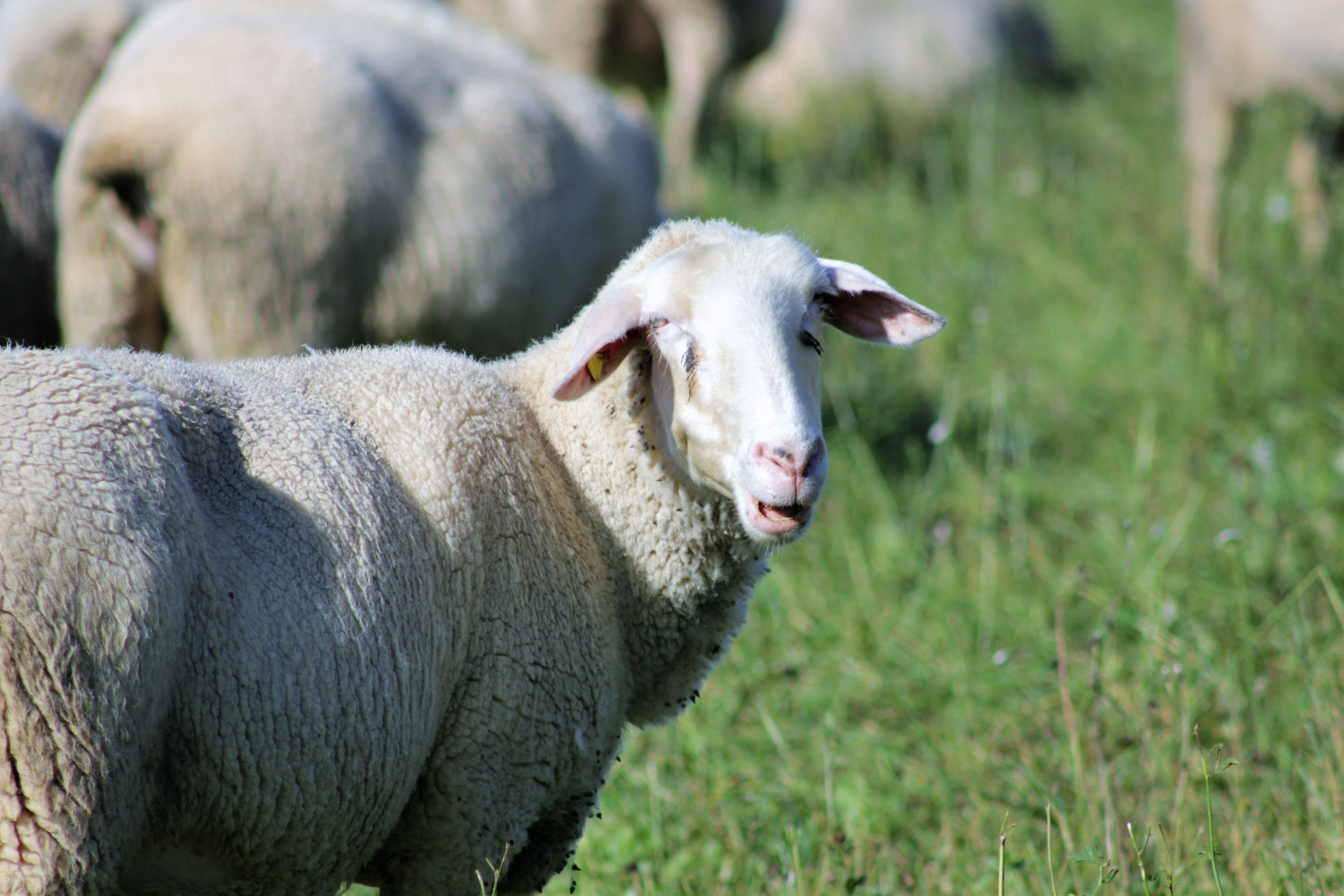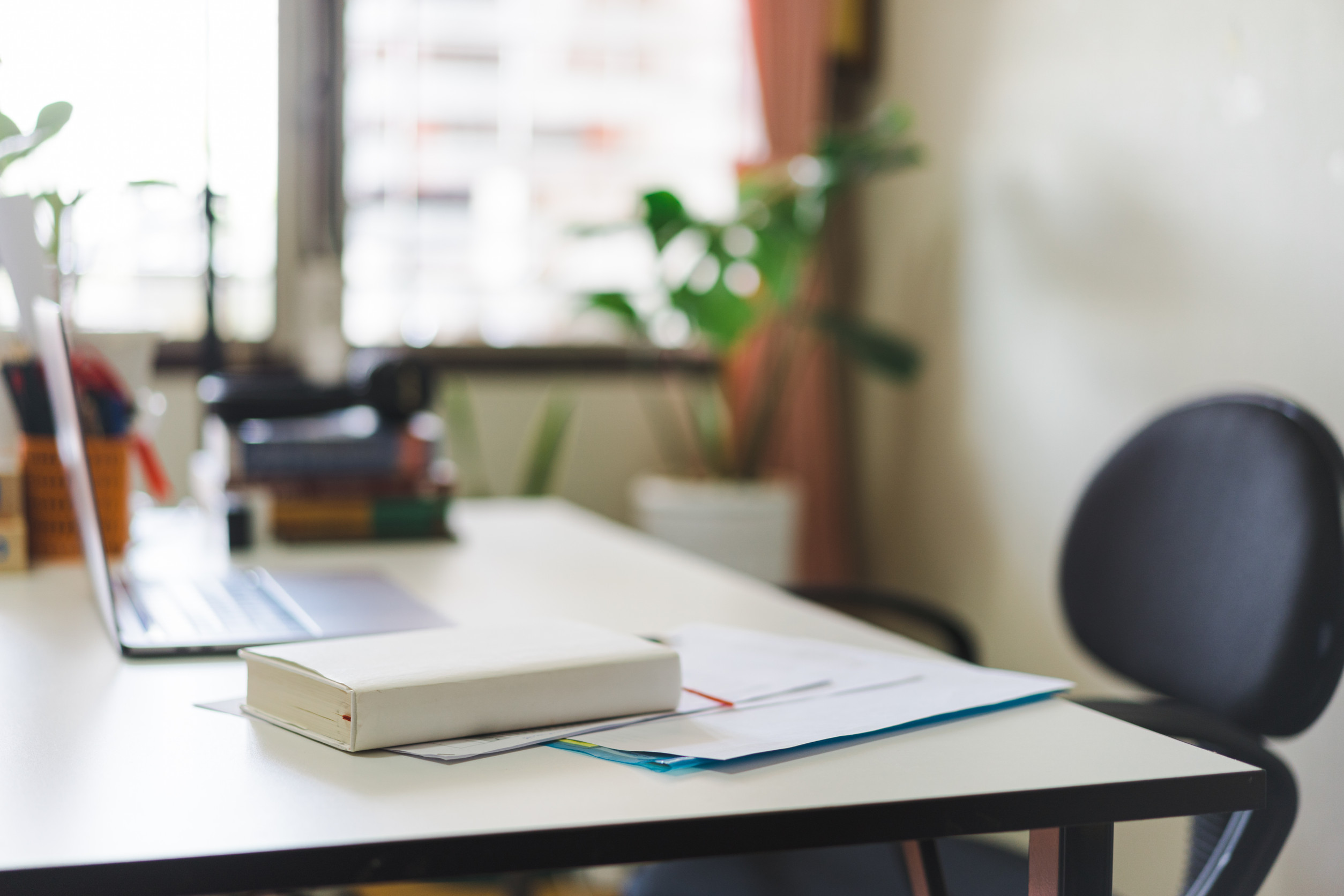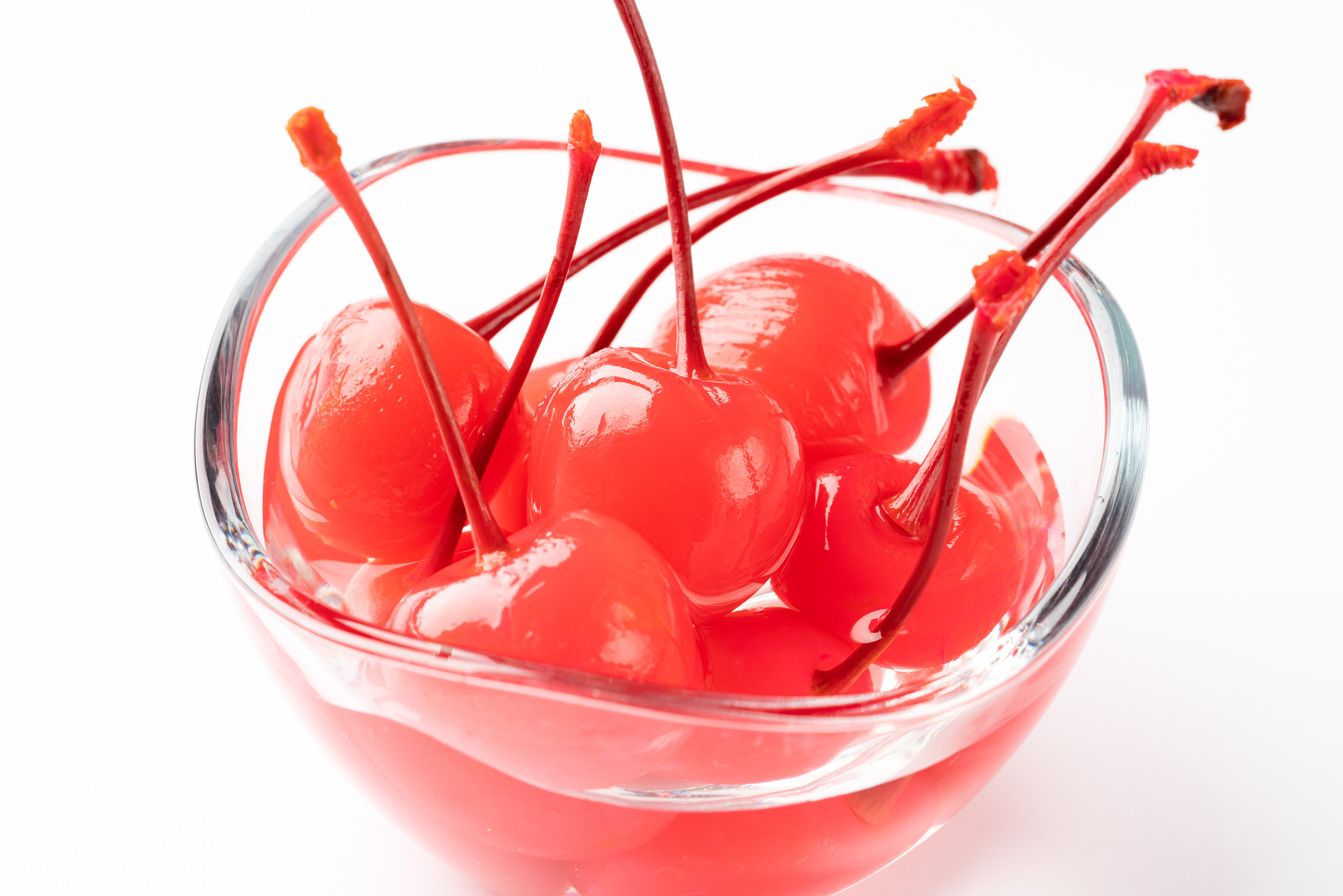Fertilizing your houseplants is essential to help them reach their full growth potential, but did you know that you can make nutritious plant fertilizers with ingredients you probably already have in your kitchen? Plants rely on three main macronutrients to thrive: nitrogen, phosphorus, and potassium. Here are a few DIY recipes to get your plants all the nutrients they need and save some money.
Eggshells
Eggshells are high in calcium and help lower the acidity of the soil, much like agricultural limestone. To fertilize with eggshells, wash and crush them and then mix into potting soil when repotting, or, steep them in hot water overnight and use the water in your next watering cycle.
Banana peels
Bananas don’t just contain healthy potassium for humans. Cut up a banana peel and mix it into potting soil, puree peels with water, or just soak peels in water overnight to get plenty of potassium to your plants. As a bonus, they also contain nitrogen, phosphorus, and magnesium.
Coffee grounds
We’ve talked about this fertilizer solution before. Mix used coffee grounds into potting soil or soak used grounds in water for a week and use moderately to water. Coffee grounds are high in nitrogen, making them ideal for foliage plants.
Green tea
Green tea grounds aren’t for every plant, but are a great fertilizer for acid-loving plants like begonias and African violets. Use cooled tea to water plants or mix grounds into potting soil.
Aquarium water
This one may sound odd, but aquarium water is full of nutrients from decomposing fish food and fish waste. This nutrient source is the basis for aquaponics, where fish and plants are grown together, as well as pond ecosystems where plants on the shore derive nutrients from decomposition in the water system. If you have fish at home, save the water when you clean the tank and use it on plants.
Store-bought fertilizers contain many of the same ingredients as these homemade versions, but there are some advantages to making them yourself. In addition to saving some cash, homemade fertilizers are also more sustainable, as they don’t require packaging, and you know that they are safe and gentle for your plants because you know exactly what is going into them.












